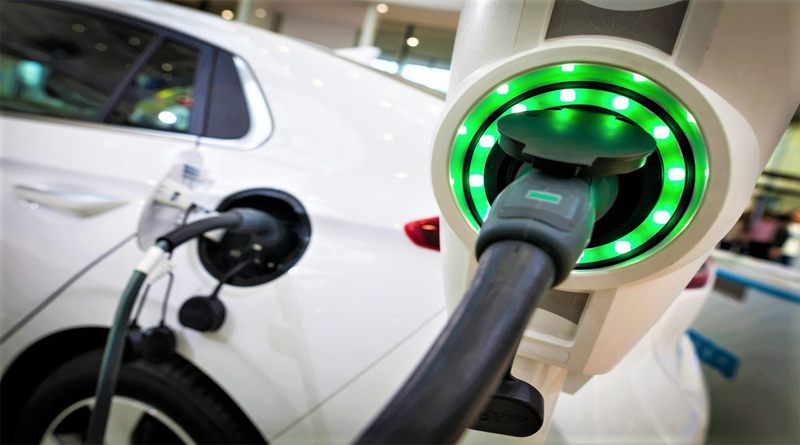

The State government of Maharashtra has awarded a contract worth ₹1.5 crores initially to K. Solar Group to develop 50 new electric vehicle charging stations in the state over the coming three months.
The joint venture between the state government and K Solar company will be responsible for the installation of 10 charging stations each in Thane, Panvel and Pune, and along the Mumbai-Pune and the Mumbai-Nagpur expressways. The initial order worth ₹1.5 crore will be soon followed by bigger orders according to an official in the state government. The group has also been in discussions to build a ₹36,000-crore ‘Prosperity Corridor’ between Mumbai and Nagpur in the near future.
The Union Power Ministry has declared the charging stations as a service and said they will not require a licence under the Electricity Act 2003 as they are not involved in transmitting, distributing or trading electricity. In February, the government issued a special ordinance directing planning authorities to start giving permissions for setting up charging stations at public parking lots, housing societies, gas stations, railway stations and bus depots. This, freed up private firms and car manufacturers to set up charging stations very easily and in turn provide consumers with wider and improved access to charging stations.
Recently Magenta Power, a renewable energy solution provider, inaugurated its second charging station on Mumbai-Pune expressway as a part of its ongoing project of introducing its electric vehicle Chargein platform. The company expects these charging stations to enable EV users to take long intercity routes via highway. The company is installing a series of interconnected EV charging stations for two, three and four wheelers vehicles and buses, under this initiative.
The Urban Development Department (UDD) recently drafted the guidelines of their new policy, it has directed the planning authorities to clear proposals within 15 days after checking if they adhere to the prescribed norms like, the stations shouldn’t in any way obstruct movement at public spaces and comply with fire safety measures. The policy has provisions to provide aid for building stations, subsidised electricity rates to manufacturers, and 25% capital subsidy for the first 250 stations. The policy aims to make the State’s transport system go electric by 2030 and create five lakh jobs with a ₹25,000-crore investment.
1. The mandate for blending Compressed Biogas (CBG) with natural gas has come into effect…
Andhra Pradesh is striving towards greening its energy sector with quite some speed. In a…
With an objective to bolster India’s green energy goals, a Tripartite Agreement has been signed…
The Union MNRE Minister Pralhad Joshi launched the Green Hydrogen Certification Scheme of India (GHCI)…
India’s energy conglomerate Bharat Petroleum Corporation Limited (BPCL) has commissioned a 5MW green hydrogen plant…
In a historical development, the European Space Agency (ESA) has successfully launched its pioneering ‘Biomass’…